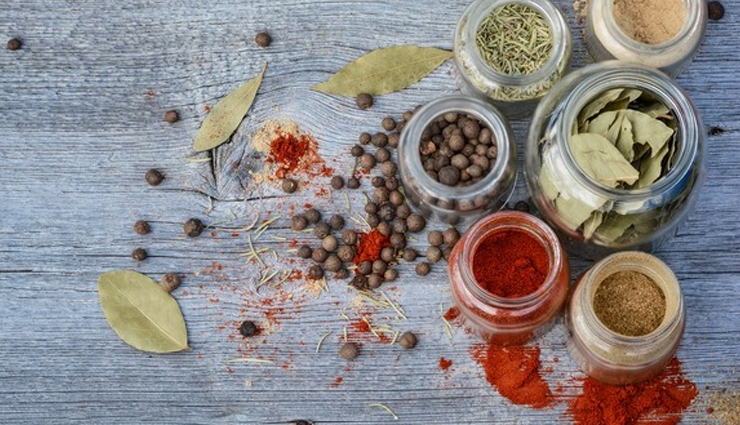6 Amazing Benefits of Dashmoola on Your Health


Dashamoola is a tonic for the lungs, helping soothe a dry cough and congestion and making it easier for you to breathe. A herbal ghee known as ghrita using dashamoola is often used in many ayurvedic remedies for respiratory problems. Allergic rhinitis, caused by inflammation of the mucosa of your airways when exposed to allergens, can be treated with this remedy. The ten root formulation is also given to those with asthma to alleviate symptoms and can be a remedy for whooping cough.
Dashamoola is said to have antipyretic properties and is used in ayurveda for treating jvara or hyperpyrexia – that’s a very high fever to you and me. Animal studies have confirmed its ability to control a fever.
If you have a lingering fever, dashamoola could help bring it down. It may also help you feel better due to its ability to ease fatigue associated with the persistent illness. Some remedies also combine it with tulsi or holy basil.
If you are suffering from the pain and debilitating effect of migraines or recurrent headaches, the ayurvedic formulation could help ease symptoms. In one study, dashamoola was used on patients aged 16 to 60 years who had complaints of recurrent headaches, with or without other associated problems like vomiting, nausea, and gastrointestinal symptoms. Nearly 53% of those who were given brihat dashamoola taila nasya (administration of nasal oil) saw a marked improvement in their symptoms. It eased light sensitivity or photophobia, heaviness of the eyes, pain around the eyes, sensitivity to sound or phonophobia, acidity in the stomach, and even constipation.
If you are uncomfortable due to built-up gas in the abdomen, dashamoola may help you with the flatulence. A dashamoola enema could even help you overcome or cope with vata food allergies. These are recognizable by symptoms like bloating in the stomach, gas, a need to burp a lot, a gurgling stomach, pain, and general abdominal discomfort. This herbal tea enema can also treat chronic constipation.
Dashamoola is used in the treatment of inflammatory disorders due to its analgesic or pain-killing effect and anti-inflammatory properties. It can, for instance, ease the pain and discomfort associated with arthritis. It is typically administered as kwath (decoction/herbal tea) and arishta (dashamoola powder that has been soaked/naturally fermented in a sugar or flower-water solution).
As one animal study found, test animals given the remedy (on its own or along with aspirin) experienced much less pain. Inflammation eased as well, with swelling or edema reducing significantly in animals given dashamoola compared to those in the control group. In fact, researchers concluded that the effect of using dashamoola was comparable to that of aspirin, a mainstream modern anti-inflammatory drug with analgesic properties.
If you experience painful periods due to menstrual cramps, dashamoola could help. This condition which affects many women is known as primary dysmenorrhea. In one study, women aged between 15 years and 25 years and suffering from the problem were given a remedy based on dashamoola and saw improvement in their condition.